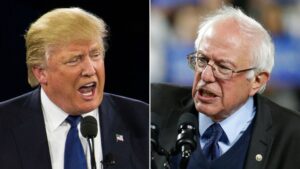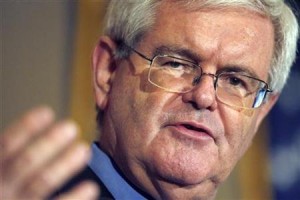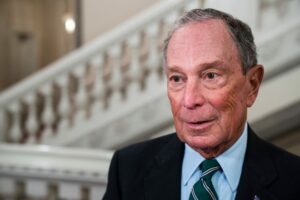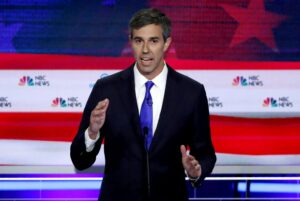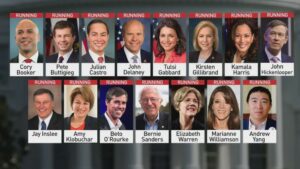How fascinating it is to watch the Democratic Party establishment wringing its hands over the possible — and I won’t yet say “probable” — nomination of a presidential candidate who’s far from the mainstream.
Does it remind you of anything, say, from just four years ago?
The 2016 Republican Party primary battle featured a large field of contenders having to fend off a challenge from a political outsider. Yep, Donald John Trump gave the GOP establishment fits. He stuck his finger in the establishment’s collective eye.
In 2020, the outlier is a guy named Bernie Sanders, who’s doing the same thing to the Democratic establishment.
Try this similarity on for size: Sanders serves in the U.S. Senate as an independent from Vermont; Trump only ran as a Republican because it presented the easier path to nomination and then to election, as he had no active involvement with the party prior to running for the presidency. Trump had no public service experience. He spent his entire adult life seeking to enrich himself.
Sanders’ critics say he isn’t a real Democrat, just as Trump’s critics said in 2016 — and many of us are saying now — that he isn’t a real Republican. I believe criticism of both men on that point has its merit.
Republicans were damn fools to nominate Trump in the first place. To my mind he has proved himself to be a disaster as president. One of his GOP primary foes, Jeb Bush of Florida, predicted accurately that he would govern as a “chaos and confusion” president. Trump has delivered on that prediction.
What’s in store for the Democrats if they manage to nominate Sanders? I’ve already declared that I believe he is likely to lose big to Trump. Then again, as I’ve noted before on this blog, my prediction skills are quite suspect.
I mean, I never thought Trump would be elected. Hah! Silly me. Silly all those other folks who thought they had the 2016 election pegged.
